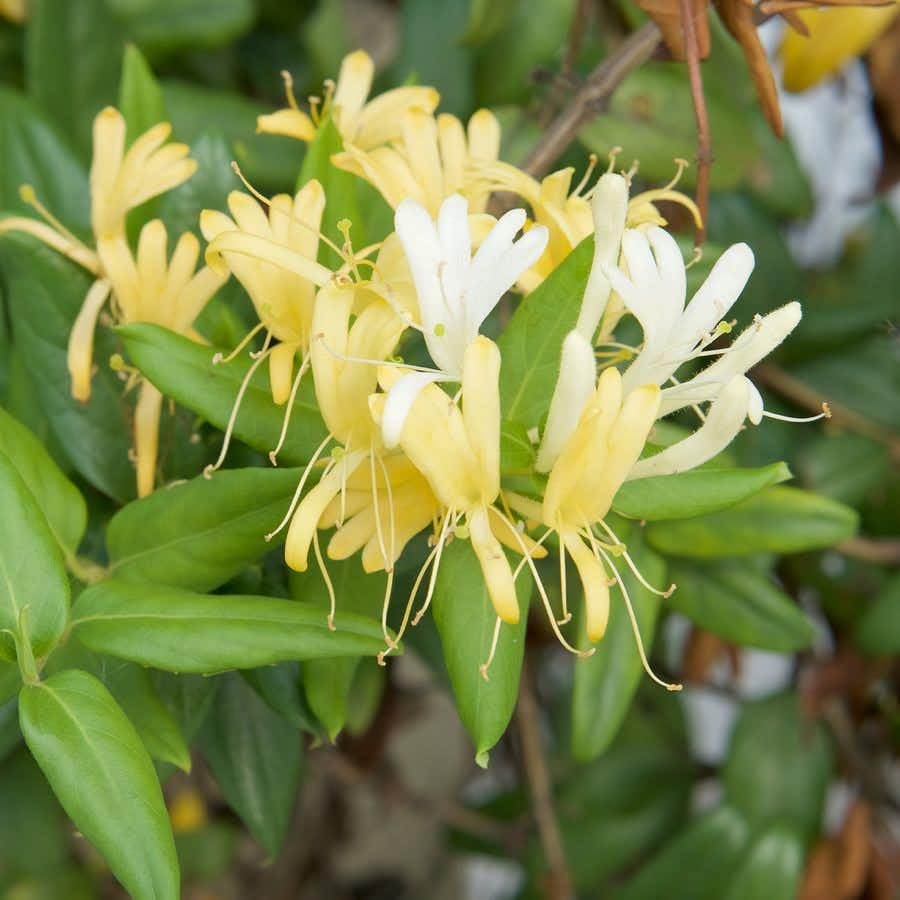
Respiratory syncytial virus (RSV) is a common pathogen that usually causes mild symptoms such as runny nose, fever or sneezing and wheezing. It can also cause a nasty cough in some people, especially babies, immune-compromised individuals or older adults. No antiviral drugs are effective against RSV. However, one reader wrote about his research on a botanical medicine for this infection.
A Natural Treatment for That Nasty Cough:
Q. Recently, there were several news stories about children and elderly people affected by RSV (respiratory syncytial virus). I am a Professor Emeritus who chaired the Pharmacognosy Department at Ole Miss for 15 years before retiring.
My research group isolated organic natural products from Flos lonicerae as inhibitors of RSV in vitro and in vivo. These findings were published in the journal Antiviral Research (Dec. 2005, vol. 68). The source of the active constituent is the ethnobotanical Flos lonicerae (Chinese or Japanese honeysuckle flowers).
Although I do not regularly follow the literature on RSV and Flos lonicerae research anymore, I was surprised not to find any mention of the use of Flos lonicerae tea against RSV. We have used this tea in our family against long-lasting coughs, and it was very effective.
Honeysuckle Tea for a Nasty Cough:
A. Thank you so much for alerting us to this fascinating research. RSV causes cough, fever, sore throat, runny nose and headache. In severe cases, it can lead to pneumonia or bronchiolitis.
We too are disappointed that no one seems to have followed up on your research directly. We searched PubMed and found studies by Chinese scientists on the constituents of Chinese, Korean and Japanese honeysuckle. Unfortunately, we found no clinical trials. One fascinating study suggests, however, that chlorogenic acid extracted from Japanese honeysuckle inhibits both H1N1 and H3N2 strains of influenza (Ding et al, Scientific Reports, April 10, 2017).
On the other hand, people can easily purchase dried honeysuckle flowers and use them to make honeysuckle tea. In sum, people might try this remedy for a nasty cough that seems to be caused by a virus.

